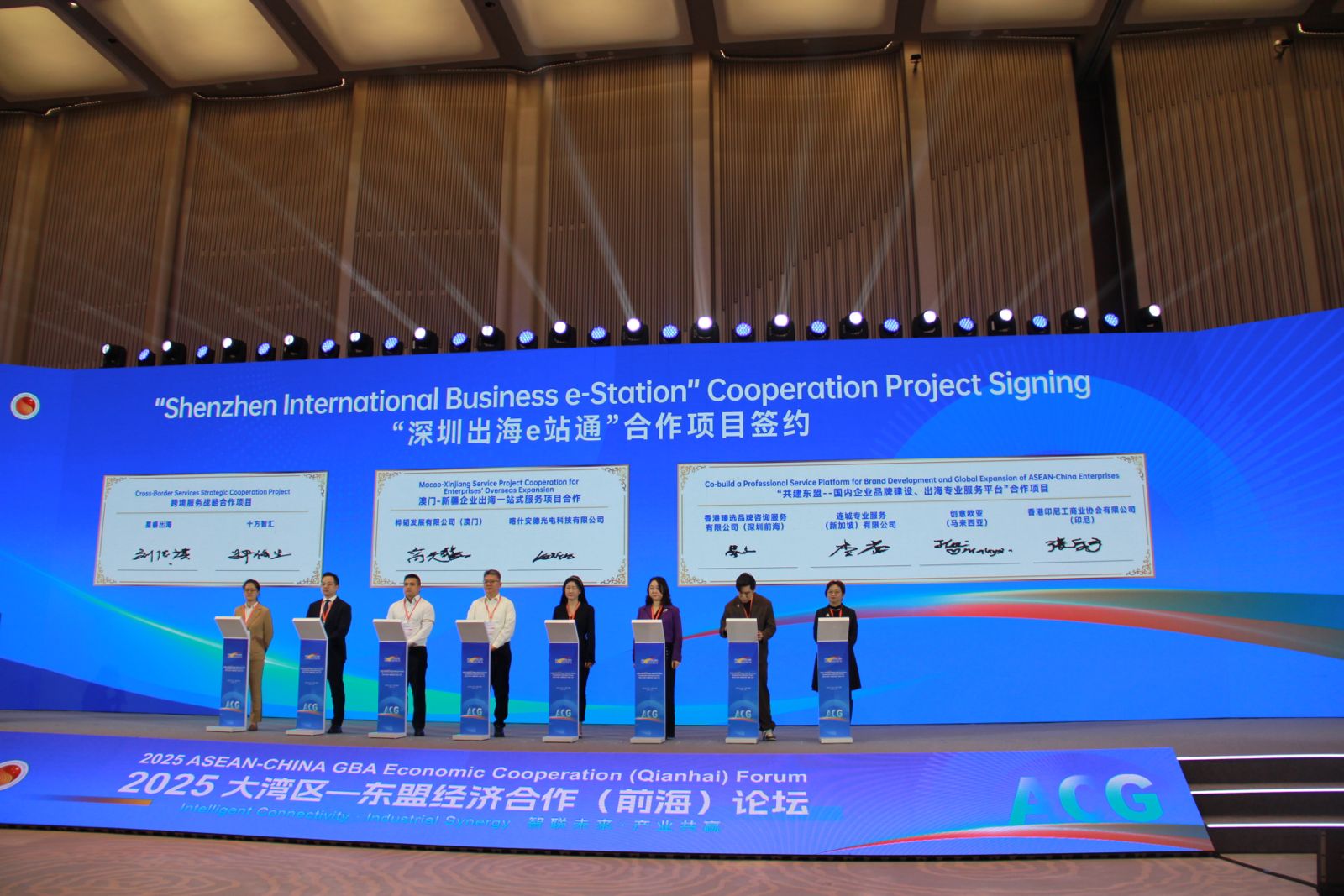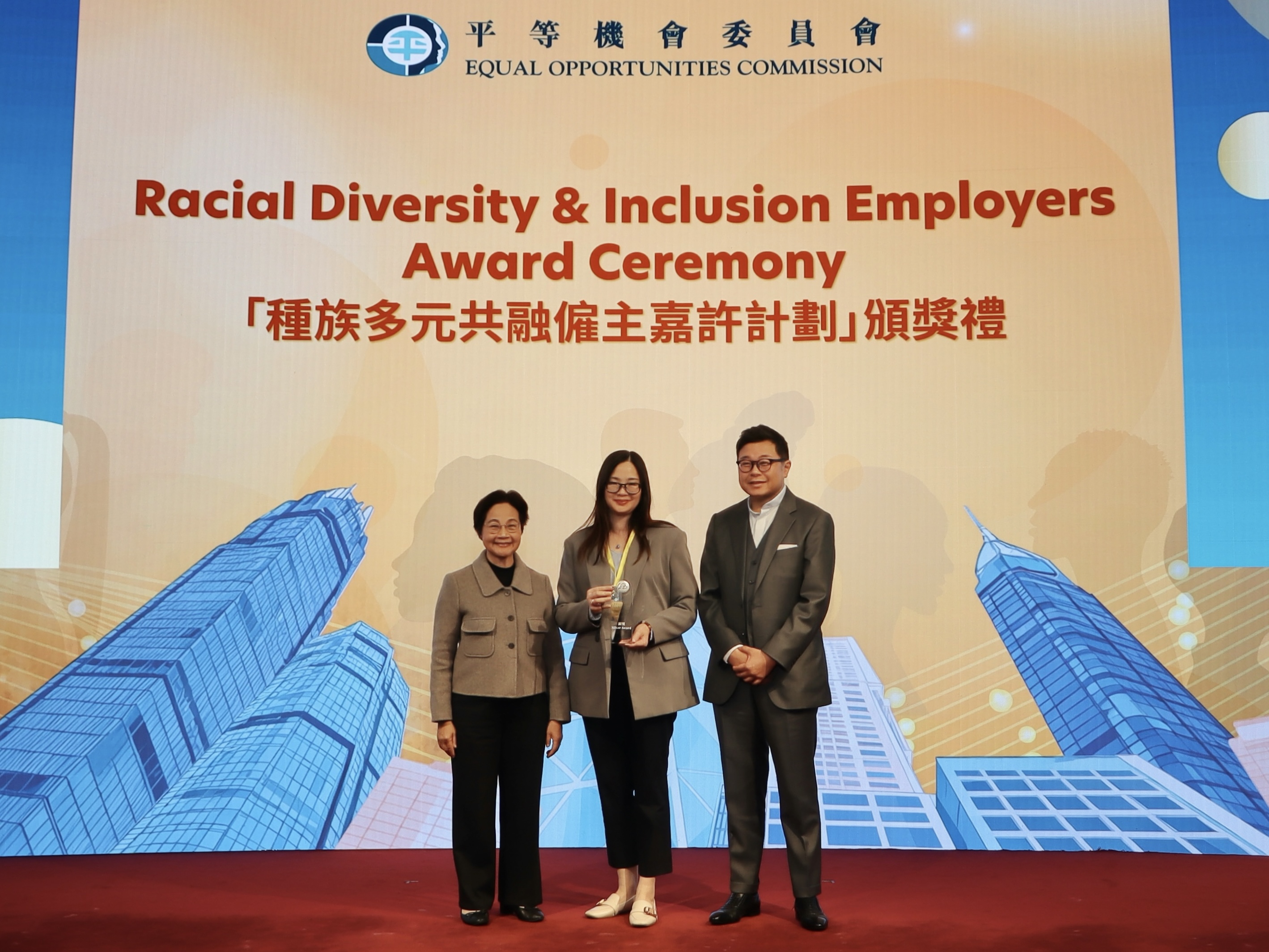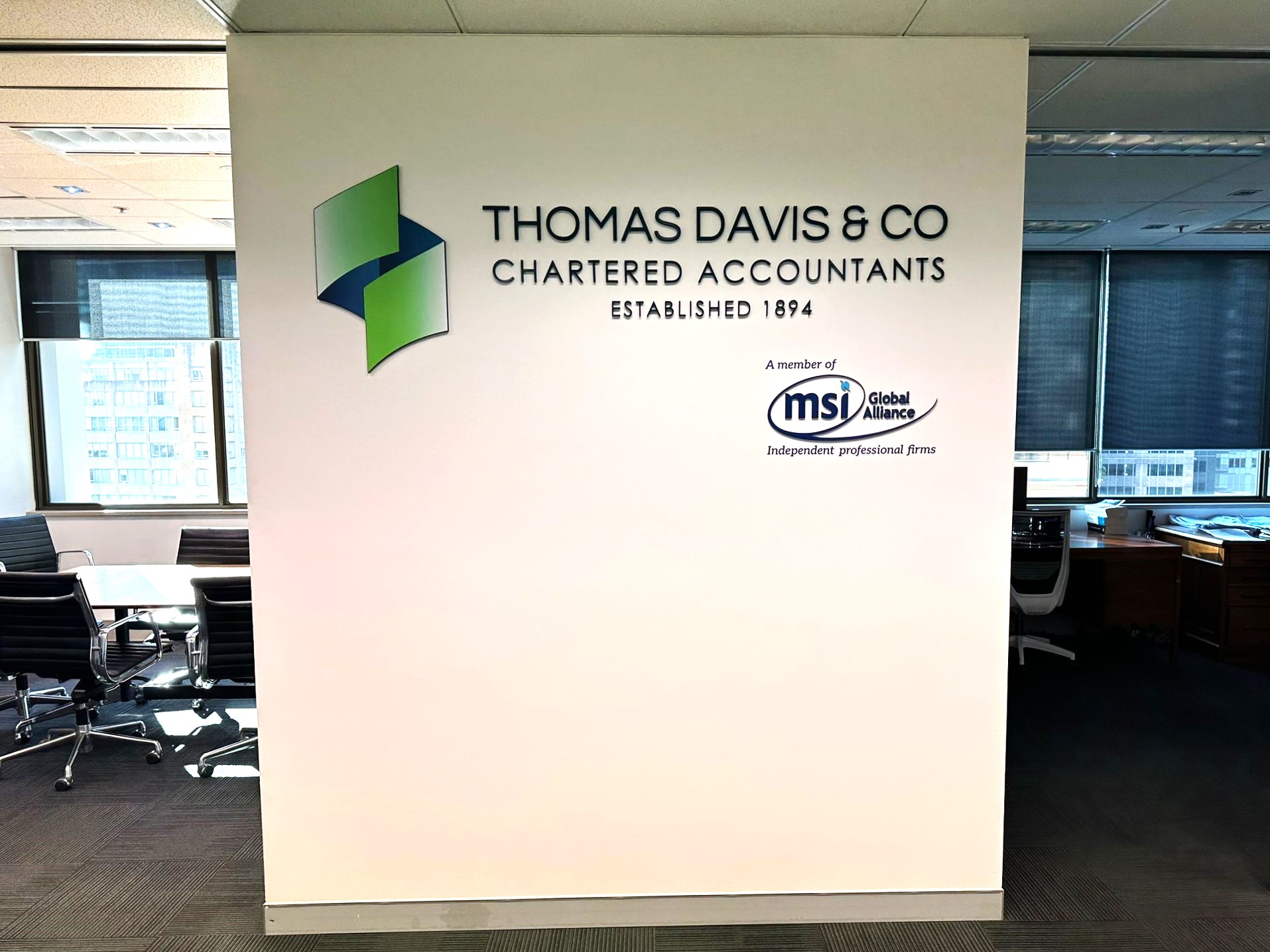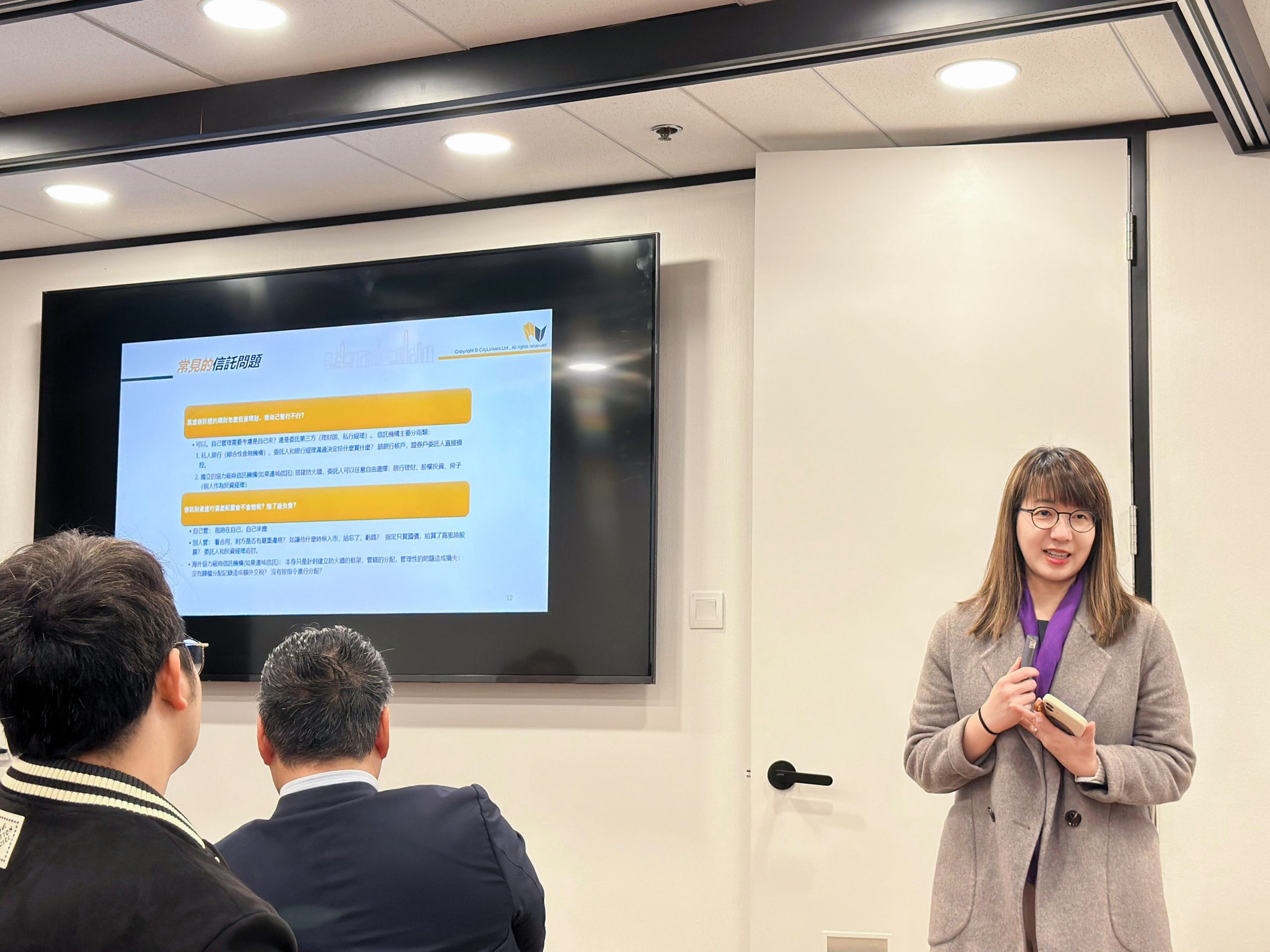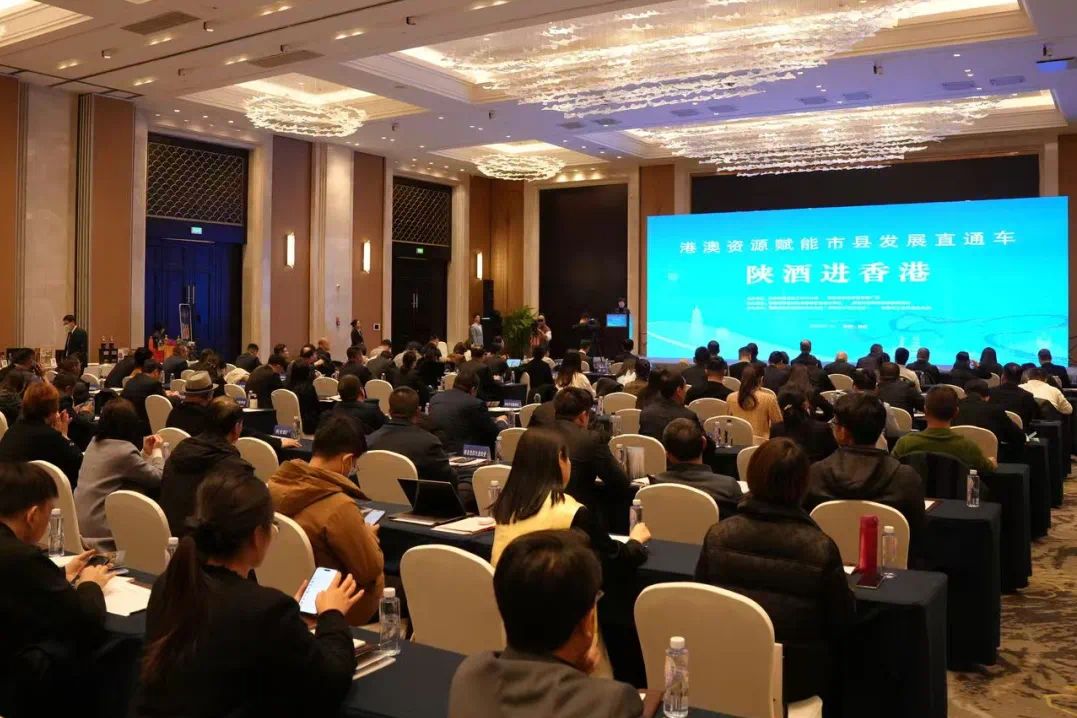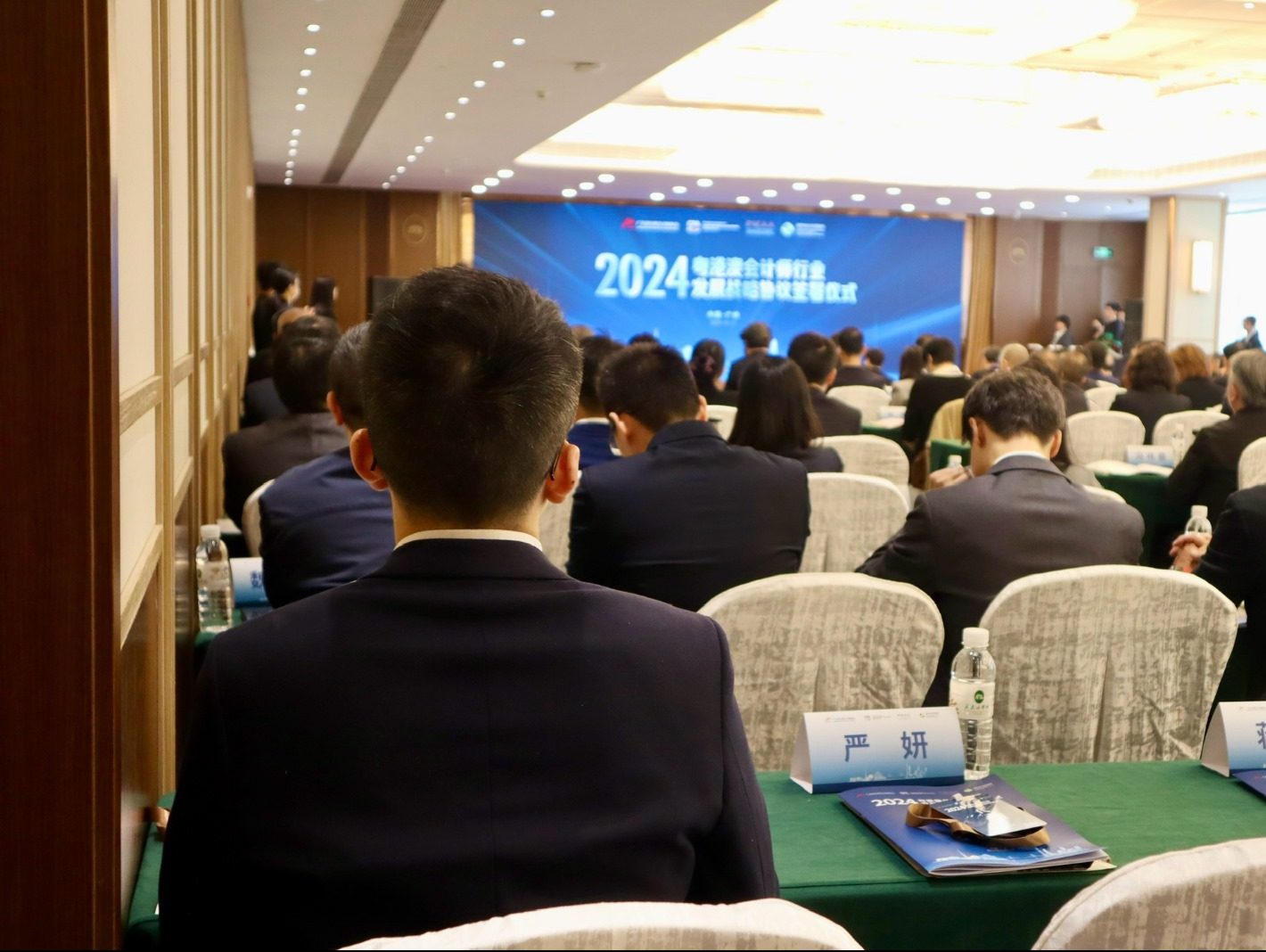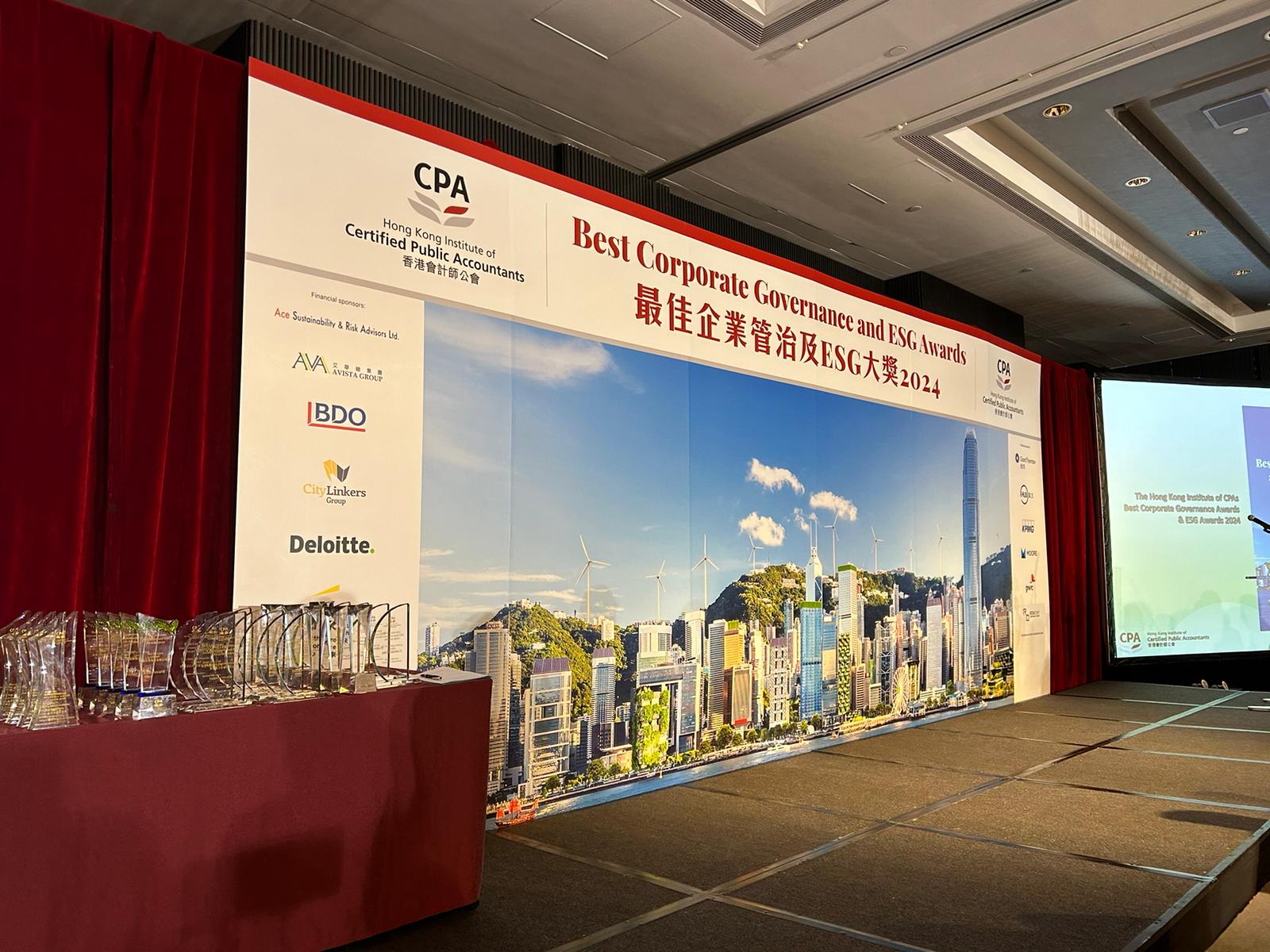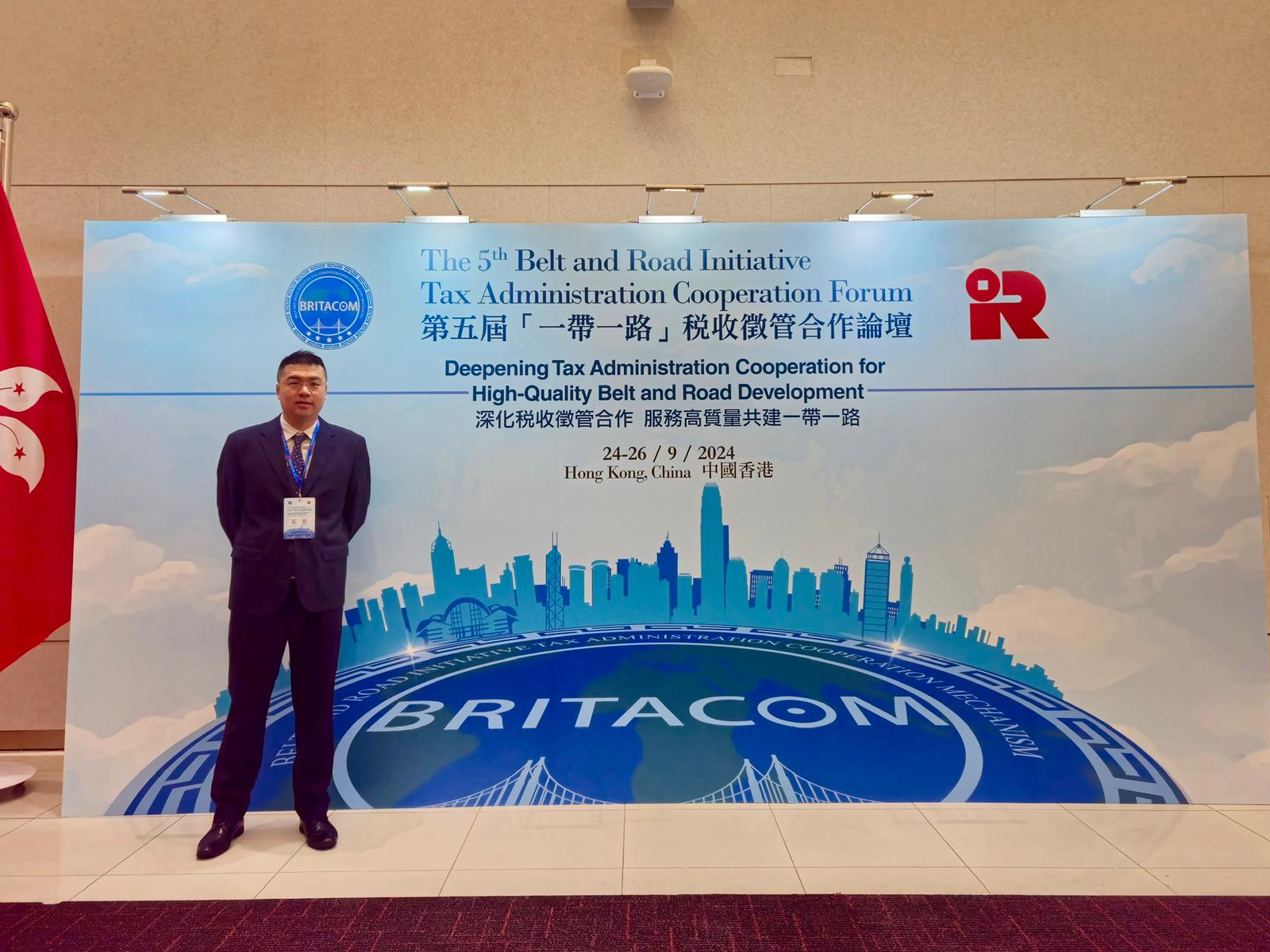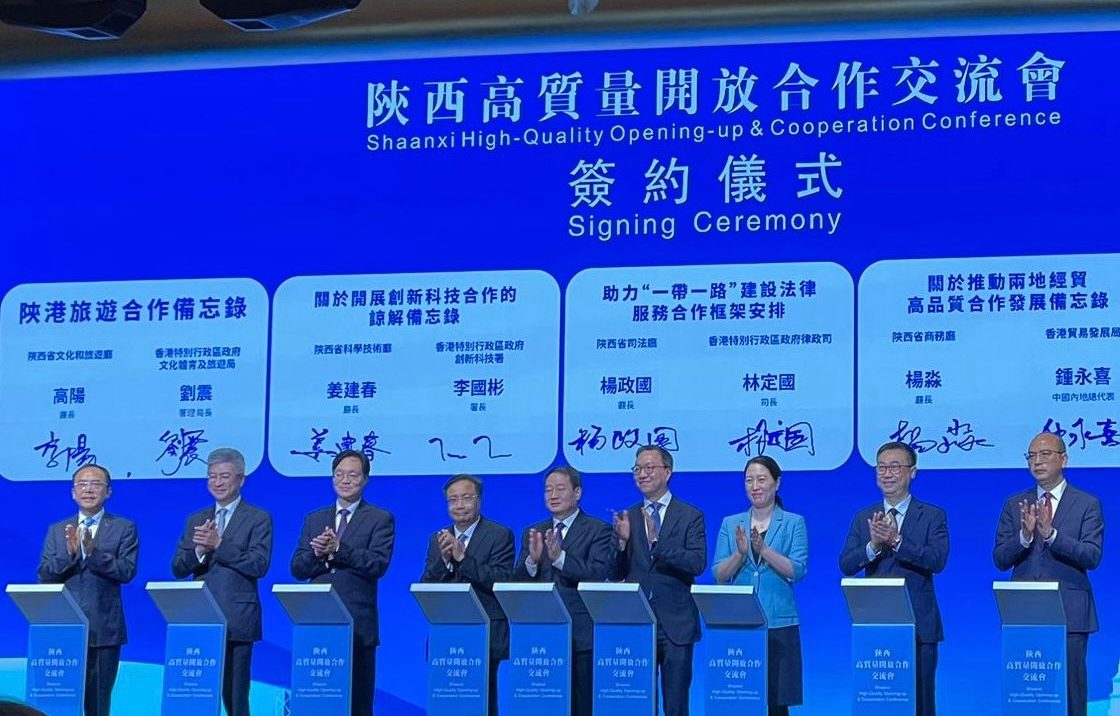
Feedback Sought on 15% Corporate Tax
A consultation paper was released in December 2023 by the Financial Services and the Treasury Bureau requesting for feedback regarding plans to implement the Organization for Economic Cooperation and Development’s (“OPEC”) 15% global minimum tax for large multinational corporations, the consultation closes on 20 March 2024.
This global minimum tax, known as the OPEC’s Base Erosion and Profit Shifting 2.0 (“BEPS 2.0”), is designed to prevent competition on lowering corporate income tax by putting a floor on the tax, and was agreed to by almost 140 countries in a landmark deal in 2021. It is applicable only to large multinational corporations, most Hong Kong companies particularly small and medium-sized enterprises, will not be affected.
BEPS 2.0 applies to companies that have annual revenue of at least €750 million (US$820.38 million), where 15% corporate tax is paid in each jurisdiction the multinational corporation operates in. If the effective tax rate of the multinational corporation in Hong Kong is lower than 15 per cent, other relevant jurisdictions have the right to collect a top-up tax.
But according to the government, to preserve Hong Kong’s taxing rights instead of ceding them to other jurisdictions, Hong Kong will apply the Hong Kong minimum top-up tax (“HKMTT”) to in-scope multinational corporations starting from 2025 onwards so that the effective tax rate of these entities will be brought up to 15%. By introducing the HKMTT, in-scope multinational corporations will be spared the need to pay top-up tax in every jurisdiction where they operate. This will help reduce their compliance burden.
If the consultation receives enough support, the government will submit a proposal to the Legislative Council in the second half of 2024 to change the Inland Revenue Ordinance (Cap. 112) to implement the new rule.
Issues regarding the top-up tax, existing group structures and intragroup transactional arrangements as well as what type of reporting processes and reporting data are required for compliance should be carefully assessed, and assistance sought by contacting professional services firms.




